Programs Offered
Sample Courses
Program Information
Dental Assisting Program Technical Standards
Rowan-Cabarrus Community College Dental Assisting Program information outlines the requirements and abilities necessary for admission, participation, and completion of the dental assisting program. The following technical standards and functions are reasonable expectations of a student in a dental assisting program for the performance of common functions.
In the interest of the student’s personal safety and the safety of patients, there are requirements that must be met before your admission to the program is finalized. The attendance requirements and academic demands on the dental assisting student require students to be in sound physical and mental health. In the event a student cannot fulfill these Technical Standards with or without reasonable accommodations at any time in their program, the student may be ineligible for admission or continued enrollment in the program. The student must seek clarification on any portion of which is not understood or which may be a specific limiting factor in the performance of dental procedure.
Ethical Standards – Student must hold themselves to the highest ethical standards set forth by the “American Dental Association principles of Ethics and Code of professional conduct.”
Legal Standards – All Rowan-Cabarrus students must submit to a criminal background check and drug testing as required by policies of the college, clinical facility, and regulatory agency. The student is responsible for any cost. If at any time a student is under the influence of prescription or non-prescription medication and it interferes with their ability to perform the program technical standards, the student may be dismissed form the program.
- Communication – Student must be able to communicate in written format as well as orally with faculty, patients, and fellow students.
-
- Establish a rapport with faculty, patients and fellow students.
- Accurately transfer gathered data and record with correct grammar, punctuation, spelling and vocabulary.
- Observe and decipher non-verbal communication.
- Physical Strength, Endurance and Mobility – students must have the strength and mobility to work in a confined space for long periods of time to assist in patient care.
-
- Assist with the movement/transfer of patients safely into a dental chair.
- Stand and sit for long periods of time and walk long distances.
- Change positions rapidly within the operatory and perform patient care.
- Grasp items and equipment above shoulder height to utilize equipment.
- Grasp items and equipment below waist level to utilize equipment.
- Push/Pull/Lift up to 50lbs., including large boxes and equipment.
- Motor Skills – Perform multiple motor tasks at the same time.
-
- Operate and utilize equipment and instruments.
- Utilize hand, eye, and foot coordination of dental hand-pieces.
- Position/move patients safely.
- Work in limited spaces.
- Perform CPR.
- Willingness to practice oral healthcare provider skills in a clinic setting by role-playing both the role of dental assistant and the patient.
- Visual – Students must have sufficient capacity to observe in the lecture, laboratory, diagnostic and treatment areas of the patient setting.
-
- Read written instructions.
- Read medical history, patient charts and evaluate a safe environment.
- See and distinguish between different equipment and its usage.
- Observe a patient’s facial expressions and other nonverbal expressions.
- Requires the ability to identify the working ends of various dental instruments and other dental equipment and materials.
- Auditory – Student must be able to communicate, understand and hear faculty, patients, fellow students and staff.
-
- Correspond and cooperate with faculty, patients, fellow students and staff from a variety of cultural backgrounds.
- Follow verbal instructions.
- Recognize sounds, alarms and emergency signals.
- Olfaction – Able to withstand unpleasant scents related to patients oral hygiene and personal care.
-
- Ability to decipher when one’s own body odor/perfume scent needs addressing and have the ability to correct it to correspond within a professional and clinical setting.
- Intellectual, Conceptual and Cognitive Skills – a dental assisting student must be able to collect, analyze, and recall information and knowledge to participate safely in a clinic setting.
-
- Interpret, problem solve, and demonstrate critical thinking.
- Comprehend, focus and process information.
- Possess the ability to self-evaluate.
- Recognize the potential for exposure to bloodborne pathogens (HIV, HBV, HCV), ionizing radiation, and other potentially infectious (OPIM) and hazardous material.
- Time Management Skills – needed both in educational and clinical practice phases.
-
- Ability to meet a variety of deadlines with time critical task
- Ability to prioritize tasks and complete in a timely fashion.
- Emotional / Personal Temperament – Exercise good judgment, promptly completing all responsibilities with patient care.
-
- Bear physically and mentally demanding workloads and function effectively under stress and respond calmly.
- Maintain composure under demanding course load and patient care.
- Accept constructive criticism and appropriately modify behavior.
